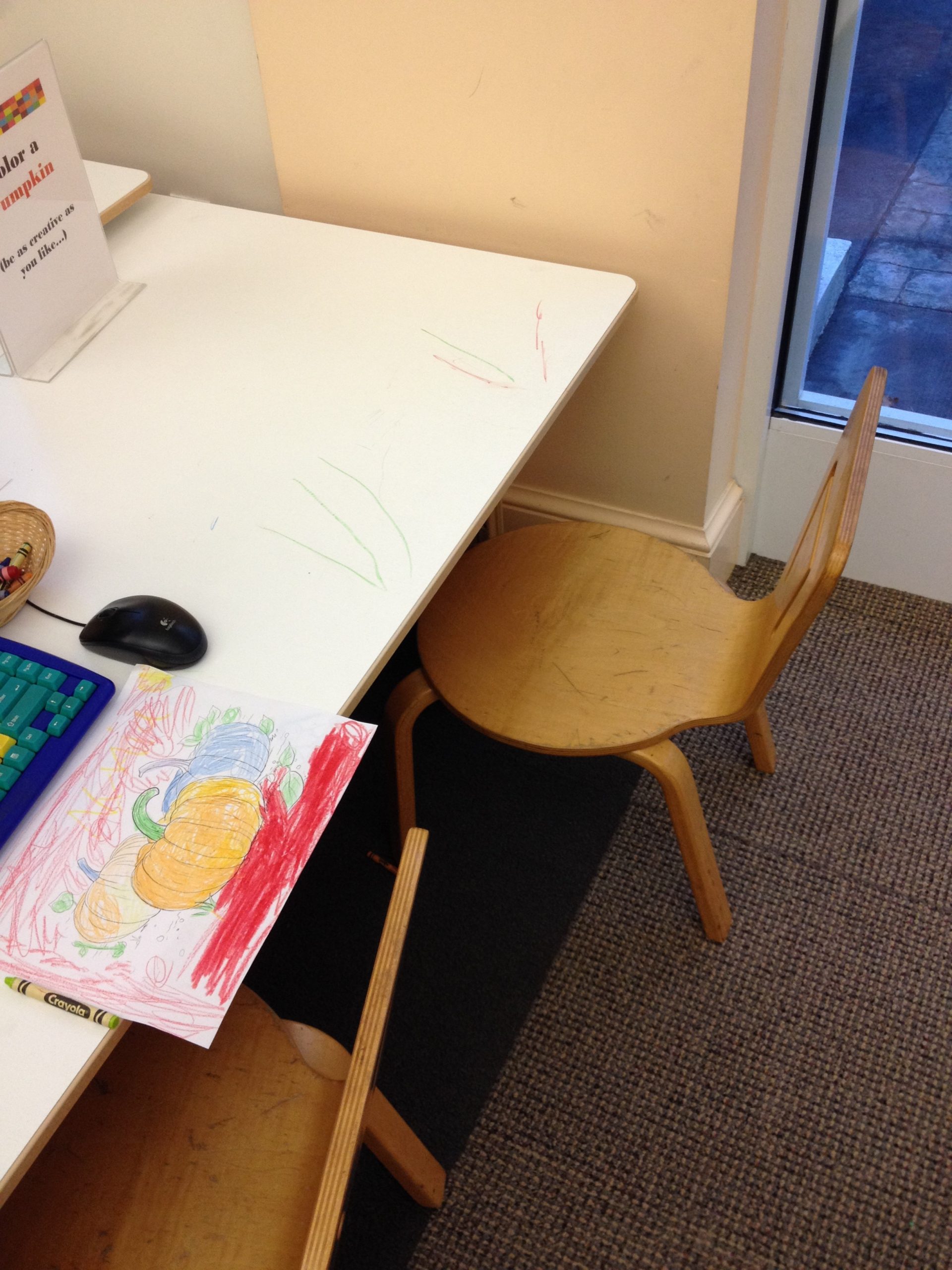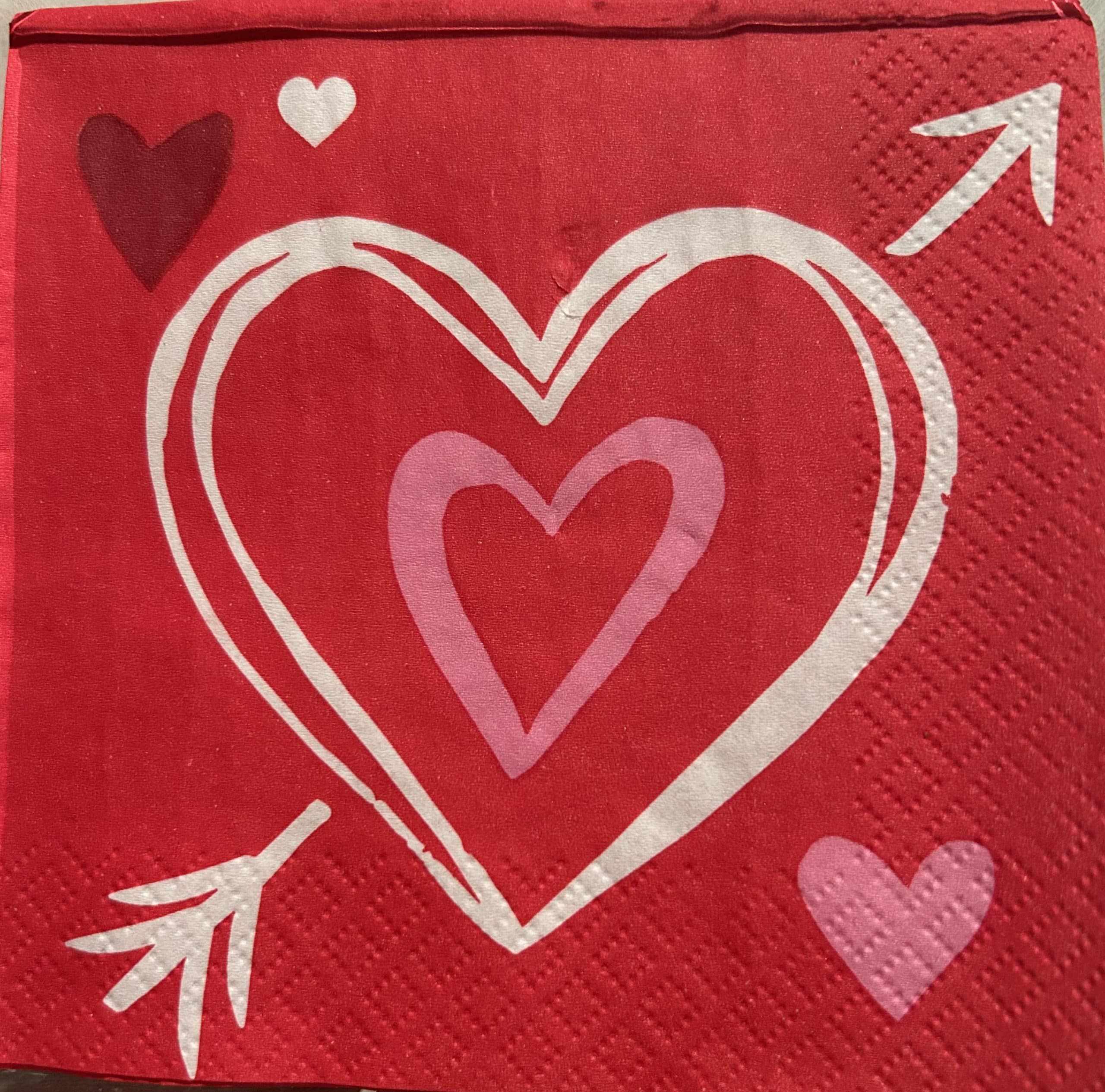Gardening is a perfect way to keep youth engaged in learning during the summer. It helps young students with developmental skills. Young students practice locomotor skills and object control as they move with tools, soil, and water while planting. They also developed fine motor skills.
Children and young adults practice literacy skills by learning the names of different plants. Students learn the plant’s growth requirements as they read the package of seeds or transplant a plant. Students also practice reading and writing skills as they map out an area to plant.
Cognitive skills develop as they remember and analyze information for planting. Students can predict the outcomes of their future gardens. Give students their plots of land or several pots for planting. As plants grow, students learn the parts of each plant and the various stages of growth.
Gardening Strengthens Many Skills
Gardening supports fine motor skills in young children. Also, they develop bilateral skills by using both sides of their body in an activity. Other gross motor skills include strength and endurance. Children and young adults experience strength as they transfer young delicate plants to a larger pot or a plot of land. They also can feel a plant (a tactile experience) without visually seeing it.
Through planting, children and young adults experience patience, frustration, flexibility, and social skills if they plant with a group or a peer.
Reinforced skills in science and math come from gardening.
Sensory Gardens
There are many types of gardens. One that has a mix of plants and provides many sensory experiences.
- Visual gardens use plants with a variety of colors.
- Olfactory gardens with herbs provide a variety of scents. They provide cooking experiences. Thus, smell has a profound effect on memory.
- Many plants have a texture for a tactile experience.
These sensory experiences with plants engage various learning types of students.
Other Unusual Gardens
Another different type of garden for children and young adults is a rock garden. Most children like to collect rocks. They can collect various rocks to create an area to grow several different plants.
Water plants create a pretty pond area in a large bucket. This type is for older children and not young children.
Gardening is a fun way to prevent the summer slide and let students practice their skills. Young adults and children learn better when they are engaged in an activity. In the words of Benjamin Franklin, “Tell me and I forget. Teach me and I remember. Involve me and I learn”.



